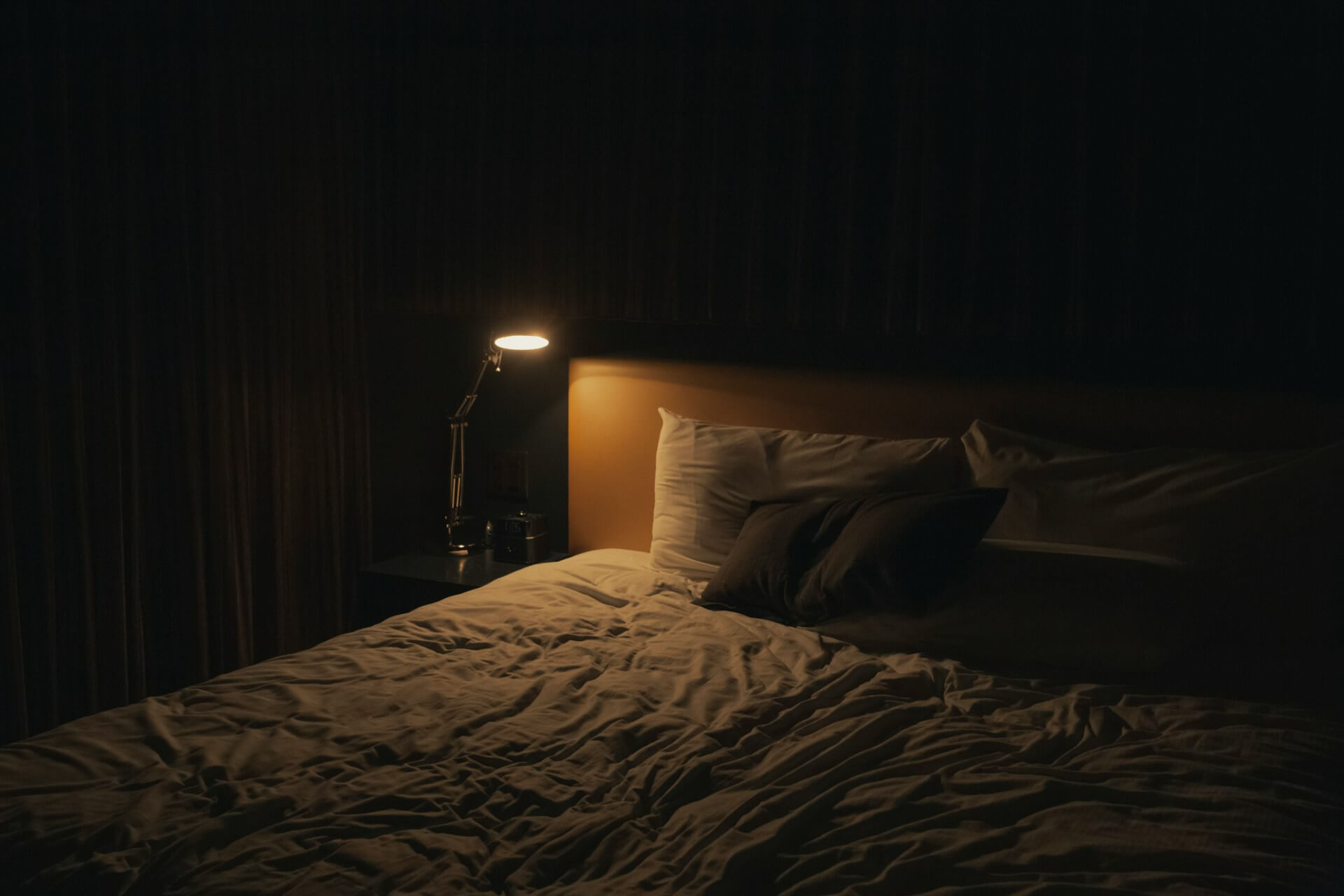Bed bugs continue to bite Bay Area tenants, landlords

The invasion of bed bugs is not as bad as the Windy City or Paris, but San Francisco and Los Angeles still managed to re-earn their unflattering spot on Orkin’s top 50 list of cities with the most service calls for bed bugs.
In an oldie but goodie, Daniel did a YouTube video alerting the rental housing community about new bed bug disclosure requirements and it was so long ago, that we should all be familiar with this documentation. Yet this statutory paperwork may be insufficient for the message to sink in.
We were intrigued to come across StopBedBugs.org, an interactive website that educates tenants on preventing the spread of bed bugs and what to do and not to do when these blood-sucking insects are detected. The online class is a good refresher for housing providers, as well.
Clearly, cooperation among tenants, landlords, and pest control professionals is key to remediating a bed bug problem, but sometimes, these parts do not work together and disputes arise. Let’s address them.
![]()
Does the tenant report the problem?
A certain misplaced stigma exists when someone has bed bugs and they do not want the rest of the world to know. Unlike vermin attracted to filth and food, bed bugs can be found in 5-star hotels and these stealthy pests are easily transportable.
Tenants may fear retaliation by the landlord after reporting bed bugs. It’s worth repeating that harassment, eviction, or raising the rent of a tenant because they alert the landlord to a bed bug infestation is expressly prohibited.
Some do-it-yourselfers want to remediate the problem on their own with any number of products on the market. These products can not only be dangerous; from our hard-won experience, they don’t work. This makes it imperative to seek a pest control professional.

Even if there is a bed bug infestation, there is a group of tenants adamant about disguising what else is going on in their rental unit and do not want anyone to inspect it.
![]()
Whether it is damage, unauthorized persons living there, hoarding conditions, too many pot plants, or what have you, they will go through elaborate means to avoid anyone stepping onto the premises.
Maintaining a habitable dwelling is a dual responsibility with housing providers and renters needing to do their part in ridding these parasites. For tenants, this begins with reporting the presence of bed bugs.
Does the tenant give the landlord or their agents access to the rental unit?
With proper notice, owners have the right to access rental units under specific circumstances. Inspection and remediating a bed bug infestation falls under this category. An age-old problem is when tenants refuse, obstruct, or delay access in a cat-and-mouse game.
When these resilient, fast-multiplying pests are discovered, time is of the essence. The bed bug infestation can quickly spread to other rental units and not uncommonly, victims experience Post Traumatic Stress Disorder-like symptoms like nightmares, hypervigilance, anger, depression, and flashbacks.
Usually, our office is successful in gaining entry to the rental unit with at least 24 hours’ written notice stating the date, approximate time, and purpose of the entry.
The small, red-brown to medium-brown insects, their molted skins, eggs, and empty eggshells are visible to the naked eye. Yet bed bugs love hiding places, so tenants should be told to remove any clutter for a pest control contractor to identify and properly eradicate them.
If bed bugs are discovered upon inspection, the tenant must be notified in writing of this finding within two business days. On the other hand, all tenants must be notified of a bed bug presence if they are found in common areas. There is no requirement to inspect a building’s common areas for bedbugs if there is no reason to believe that there is a widespread infestation that has spilled into common areas.
Also note that it is illegal for housing providers to rent out a unit they know is infested with bedbugs.

Who is responsible for paying for remediation?
There can be finger-pointing as to who caused the bed bug infestation. Although housing providers have the foremost responsibility to keep the unit habitable, they are not responsible for fixing damages caused by the tenant. An example would be a tenant (or their guests) who accidentally or intentionally breaks a window.
Where it gets murkier is identifying the culprit of inviting bed bugs into a rental unit. If bed bugs originated in one unit and later migrated into another unit, a tenant can argue that they should not incur costs to remediate a problem that started elsewhere.
Our advice for housing providers is to remediate the problem first and worry about who absorbs the cost later. That said, there is some precedent that California courts tend to side with tenants when residents suffer injury and/or trauma as the result of bed bugs. In a blockbuster bed bug case, a judge awarded $1.6M to an Inglewood family living in a bed bug-infested apartment for months, with a three-year-old left scarred.
Parting thoughts
As you can see, there are a myriad of issues that can arise whenever bed bugs make rental units their home. There are a host of legal obligations on the part of the landlord, while the tenant bears some responsibilities of their own.
Having managed thousands of rental relationships for nearly three decades, Bornstein Law can assist in this pestering issue.
